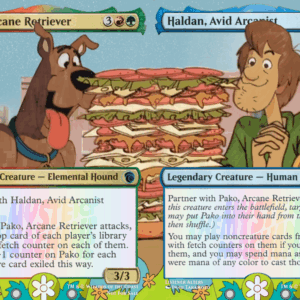Attending sporting events is a popular pastime cherished by many, but for individuals with disabilities, the experience can be overwhelming. The sights and sounds of crowded stadiums, loud cheers, and complex layouts can pose challenges. Service dogs step in as essential companions, providing vital assistance and support to help their handlers navigate these environments with ease and confidence.
Access and Navigation
Service dogs prove to be invaluable guides when it comes to accessing and navigating sporting venues. Navigating through packed stadiums can be a daunting task for individuals with disabilities, but with their trained service dogs by their side, they gain assistance in finding seats, avoiding obstacles, and safely maneuvering through bustling crowds. This assistance is particularly crucial for those with visual impairments, mobility limitations, or other disabilities that could hinder their ability to move through large and busy spaces.
Emotional Support and Anxiety Reduction
The hustle and bustle of sporting events can trigger anxiety or stress for some attendees. Service dogs offer more than just physical assistance; they provide emotional support and a calming presence that helps to alleviate anxiety. For individuals dealing with conditions such as PTSD, autism, or severe anxiety, having their service dog close by can make a world of difference, enabling them to enjoy the event without overwhelming stress or panic.
Medical Assistance
Beyond emotional support, service dogs are trained to perform specific tasks that can be life-saving during emergencies. For individuals with medical conditions like diabetes, epilepsy, or severe allergies, service dogs play a critical role in detecting changes in their handler’s condition and alerting them before a crisis occurs. This early detection can be the key to preventing medical emergencies during a sporting event and ensuring prompt medical attention if needed.
Enhanced Independence
Accompanying a service dog to a sporting event significantly boosts the handler’s independence. Instead of relying on others or event staff for assistance, individuals with disabilities can depend on their service dogs to provide the necessary support. This fosters a sense of autonomy and self-assurance, empowering them to participate more fully in the event and enjoy it to the fullest extent.
Legal Rights and Accessibility
Thanks to the Americans with Disabilities Act (ADA), service dogs have full access to all public places, including sporting events. Handlers have the right to bring their service dogs into stadiums and arenas without fear of discrimination. Event organizers are mandated to accommodate service dogs, ensuring that individuals with disabilities can fully partake in the event and experience the excitement just like any other attendee.
Tips for Attending Sporting Events with a Service Dog
1. Plan Ahead: Familiarize yourself with the venue’s policies on service dogs and inform staff about your specific needs.
2. Stay Calm: Maintain a composed demeanor to help your service dog focus on their tasks amidst the chaos of the event.
3. Bring Essentials: Pack essentials like water, snacks, and waste disposal bags for your service dog’s comfort.
4. Advocate for Your Rights: Assert your ADA rights if faced with any issues, educating others about your service dog’s role and legal protections.
In conclusion, service dogs are not just companions but lifelines for individuals with disabilities at sporting events. Their assistance with navigation, emotional support, medical alerts, and enhancing independence allows handlers to engage fully and safely in the excitement of these events. Understanding legal rights and practical tips ensures an inclusive and positive experience for all attendees, making sporting events more accessible and enjoyable for everyone.






